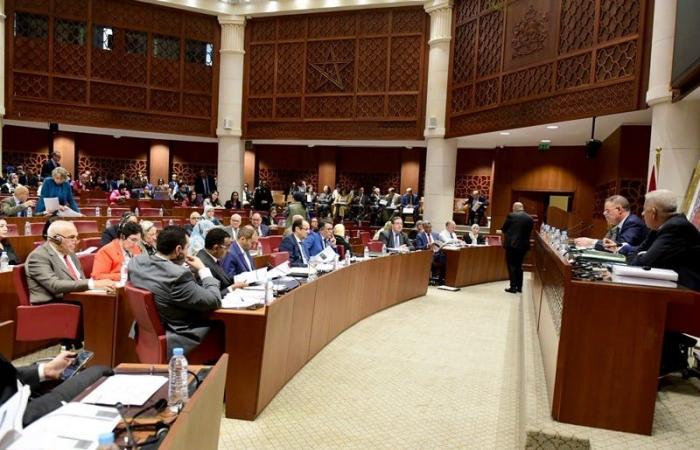Academics have urged a thorough assessment of self-employed status, in the face of the government’s rejection of proposals to raise the taxable turnover ceiling to 100,000 or 200,000 dirhams, instead of the proposed 80,000 dirhams in the finance bill for 2025. According to them, an exhaustive analysis is essential to identify the weaknesses which have hampered this program since its launch.
During the meeting of the Finance and Economic Development Committee in the House of Representatives on Tuesday, when rejecting the 373 amendments to the finance bill (PLF 2025), the government maintained that “companies and companies now avoid hiring young people as employees and prefer to hire them as self-employed to pay only 1% instead of 20% in charges”.
Furthermore, the academics who commented on this point for Hespress did not deny this assertion, but stressed that this is “a situation which is not generalized”.
Furthermore, the majority withdrew the amendment after Lekjaa presented the government’s point of view. However, according to analysts, the debate around the self-employed status has highlighted that some public companies also use this program as a recruitment method to reduce their costs. They emphasize that “only precise data and figures can provide clear information on the dysfunctions of this program”.
Mehdi Lahlou, professor of economics at the National Institute of Statistics and Applied Economics (INSEA), calls for a profound reform of the self-entrepreneurship system and a review of state incentives for investment . Faced with the 1.7 million unemployed in the country, he insists on the need for new approaches, believing that self-employment should contribute more to mitigating the effects of unemployment.
In response, the government announced that it is finalizing a decree to support very small, small and medium-sized enterprises within the framework of the Investment Charter.
In a statement to Hespress, Lahlou described this measure as “solution among others”explaining that “the tax system is only part of the entire investment system”. In this sense, he mentioned the importance of the market and the investor’s ability to take risks, as well as other challenges that investors face in the Moroccan market.
Finally, Lahlou highlights the need for strong political commitment to fight against unemployment, emphasizing that “the current situation draws attention to the National Council for Youth and the Future.” “It seems that we are back to square one, and it is necessary to carry out a double diagnosis to identify the problems which, then and today, have prevented young entrepreneurs and small and medium-sized businesses from achieving the necessary investments; This is the real issue”he clarified.






